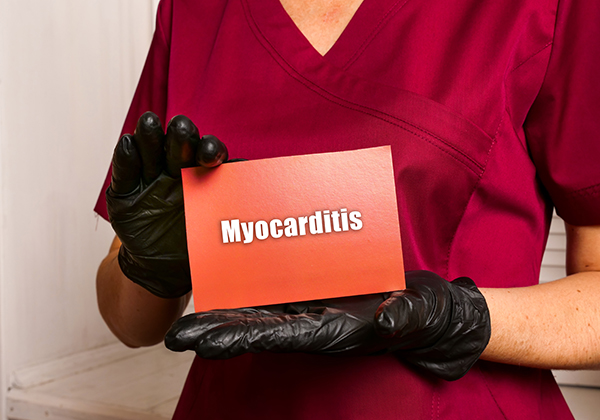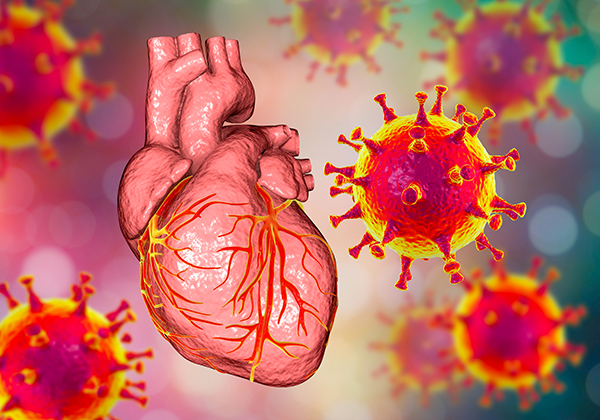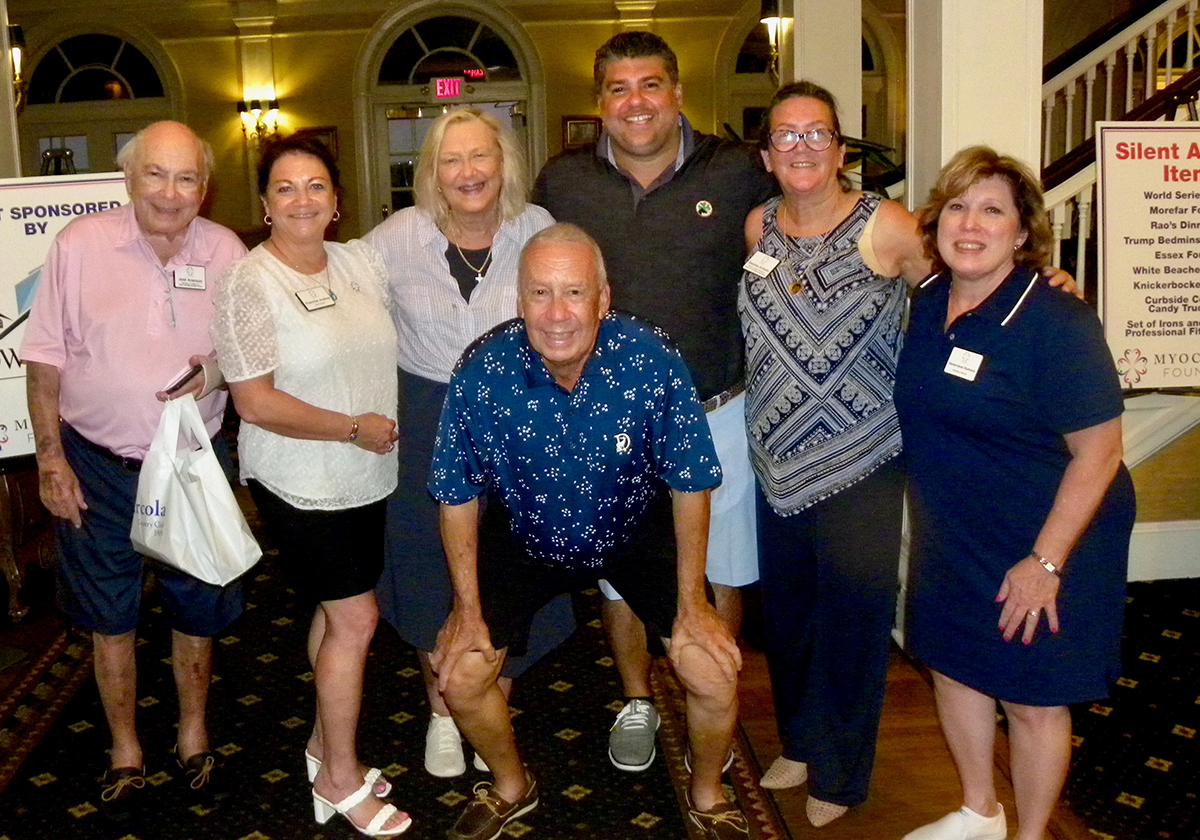(281) 713-2962
800 Rockmead Drive, Suite 155
Kingwood, TX 77339
[email protected]
Use of CXCL9 as a Biomarker of Acthar Efficacy (Acthar)
Status: Recruiting
Location: University of California- San Francisco
Conditions: University of California- San Francisco
City/State:
San Fransisco, California
Contact Information:
Laura Koth, MD
(415) 514-4369
[email protected]
Brief Summary:
The objective is this study is to test whether use of Acthar gel in the context of sarcoidosis will lead to improved symptoms and lung function and correlate with decreased levels of predictive blood biomarkers, like chemokine ligand 9 (CXCL9).
Detailed Description:
The investigators will test whether Acthar gel’s anti-inflammatory properties will modulate immune cells and lead to decreases in blood biomarkers and improvements in clinical parameters. Specific Aim 1 will examine the levels of the predictive biomarker, chemokine ligand 9 (CXCL9), and related transcripts, and determine whether they decrease in participants over time while taking Acthar. Specific Aim 2 will test whether the biologic changes measured in blood correlate to clinical markers, including lung function and symptom scores. Since the investigators have found that CXCL9 predicts clinical course, they hypothesize that CXCL9 transcript levels in the blood will decrease over time in pulmonary sarcoidosis participants whose clinical outcome measures improve with Acthar.
Epigenetic Regulation of Altered T-cell Immunity in Sarcoidosis
Status: Recruiting
Location: University of California- San Francisco
Conditions: University of California- San Francisco
City/State:
San Fransisco, California
Contact Information:
Victoria Wang, BS
415 476 9225
[email protected]
Brief Summary:
Sarcoidosis is a multi-system granulomatous disorder that is triggered and influenced by gene-environment interactions. Although sarcoidosis predominantly affects the lungs in most cases, the clinical disease course is highly variable and any organ can be affected leading to end organ damage despite currently available therapeutics that unfortunately also have numerous and potentially devastating side effects. The environmental triggers of sarcoidosis are unknown but several occupational, environmental and infectious agents have been associated with sarcoidosis in susceptible hosts. Exposure to these triggers result in inflammation, characterized by activation of CD4+ T-cells, cytokine production, subsequent recruitment of other immune cells, and granuloma formation. Although several genetic markers have been associated with sarcoidosis, none fully explain individual susceptibility or clinical course variability, strongly implicating the environment and epigenetics. We have the ability to generate a map of the epigenetic histone modifications in immune cells via Chromatin Immuno-Precipitation coupled with next generation sequencing (ChIP-seq) and a map of transcriptome profiles via RNA-seq. The availability of histone and transcriptional signatures defining T cell activity in sarcoidosis will help identify the specific molecular programs affected by disease processes and can become the basis for future discovery of novel biomarker diagnostics in a clinical setting.

























